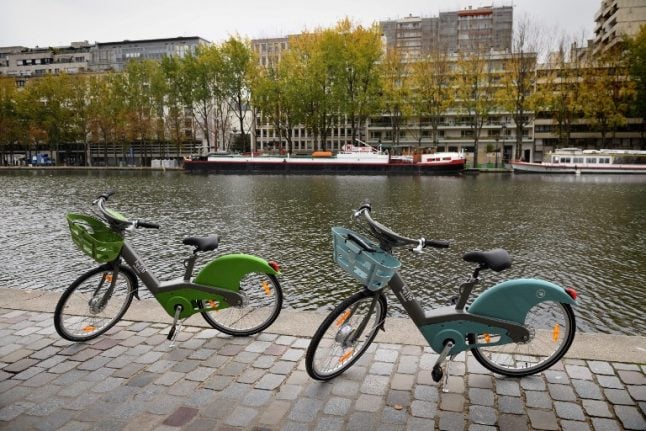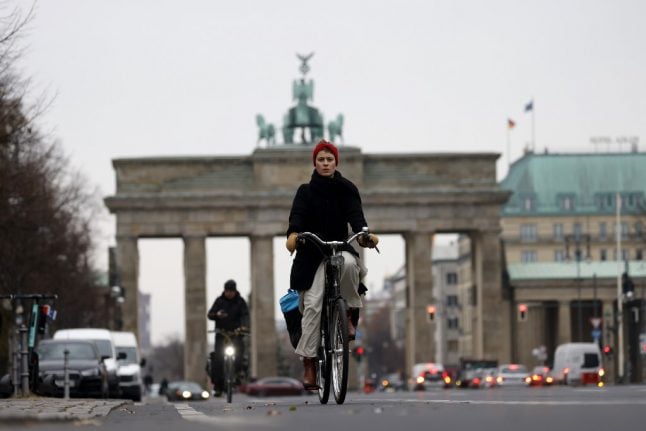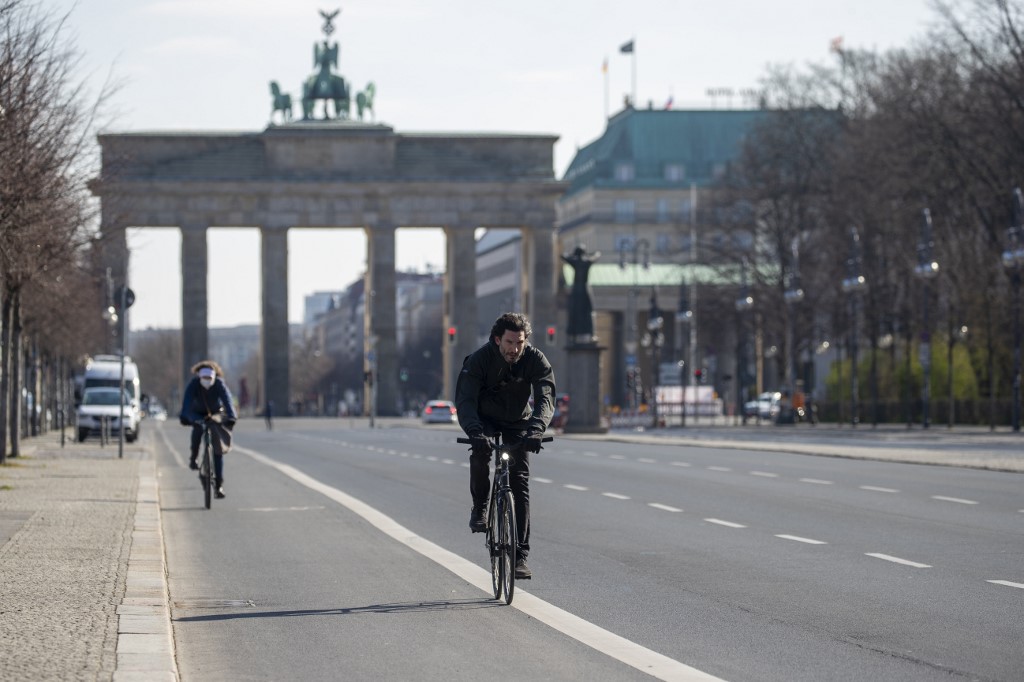Socialist Mayor Anne Hidalgo announced last October a splashy overhaul of the popular programme, giving the contract to the French-Spanish upstart Smovengo.
A total 1,460 stations are supposed to be up and running by the end of March, but the grey bikes remain virtually absent from the city streets, enraging many Parisians who usually rely on the hire bikes for their daily commute.
Only a few hundred stations have been set up so far, and fewer still are actually in operation.
“We are taking the situation in hand, with much closer oversight by the city,” Hidalgo's transport deputy Christophe Najdovski said Thursday.
“We have the teams, the technicians, the engineers who know how to lead this type of operation,” he added, saying they would focus first on hooking up existing stations to the electrical grid — many have been running on batteries, making them prone to failure.
Smovengo has blamed the delays on electrical problems and a legal dispute with JCDecaux, but the city has twice fined it one million euros ($1.2 million) for failing to keep up with the planned station rollouts for January and February.
Velib will also refund its roughly 300,000 subscribers for the month of January as a “gesture of compensation” for the delays.
By late January, only 113 of the bike system's docking stations were working — well short of the 600 that had been promised by the New Year, with 1,400 supposed to be working by the end of March.
The disruption began before Christmas and the delays have enraged cyclists.
READ ALSO: 'It's a nightmare' – Cyclists furious over bike hire chaos in Paris





 Please whitelist us to continue reading.
Please whitelist us to continue reading.